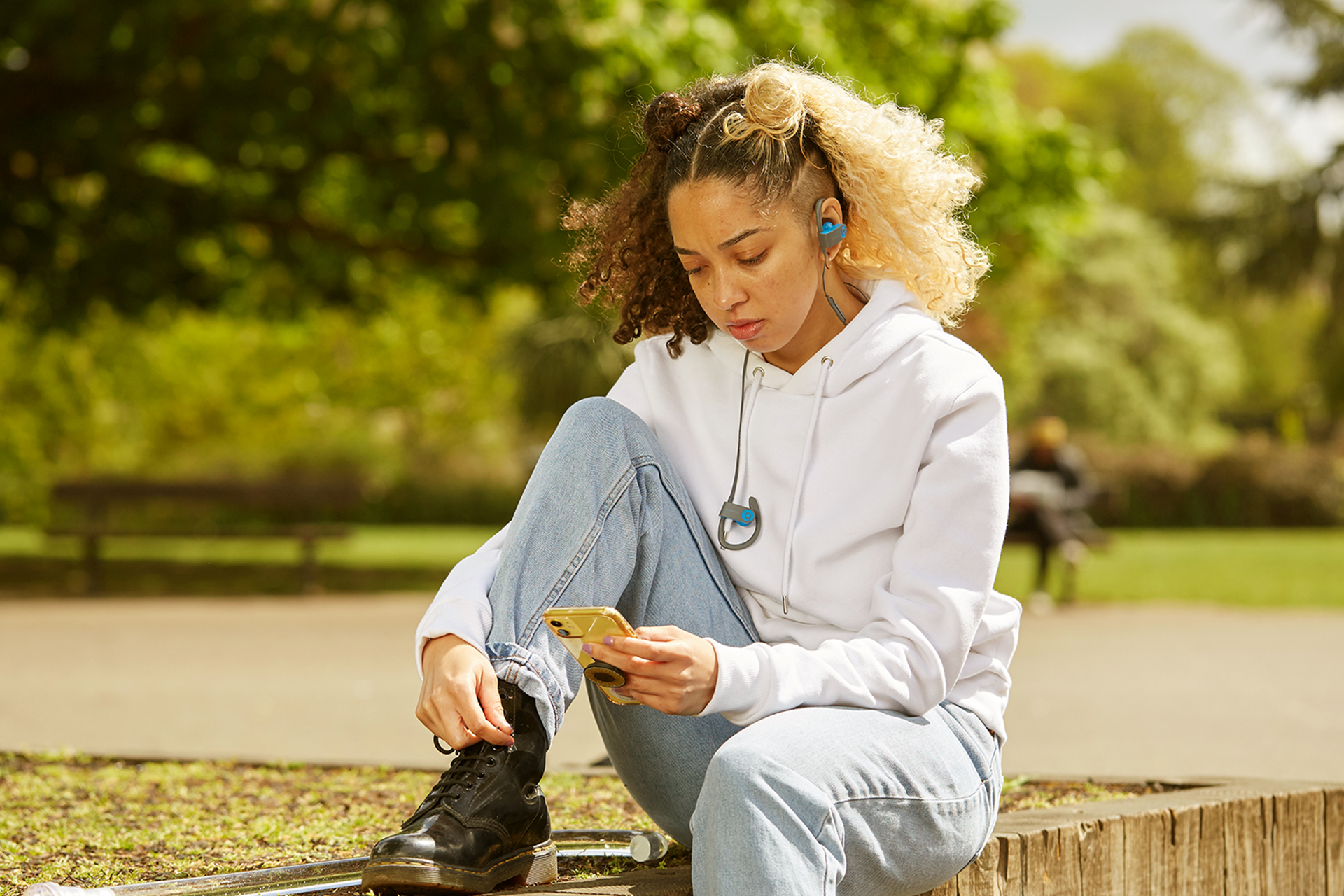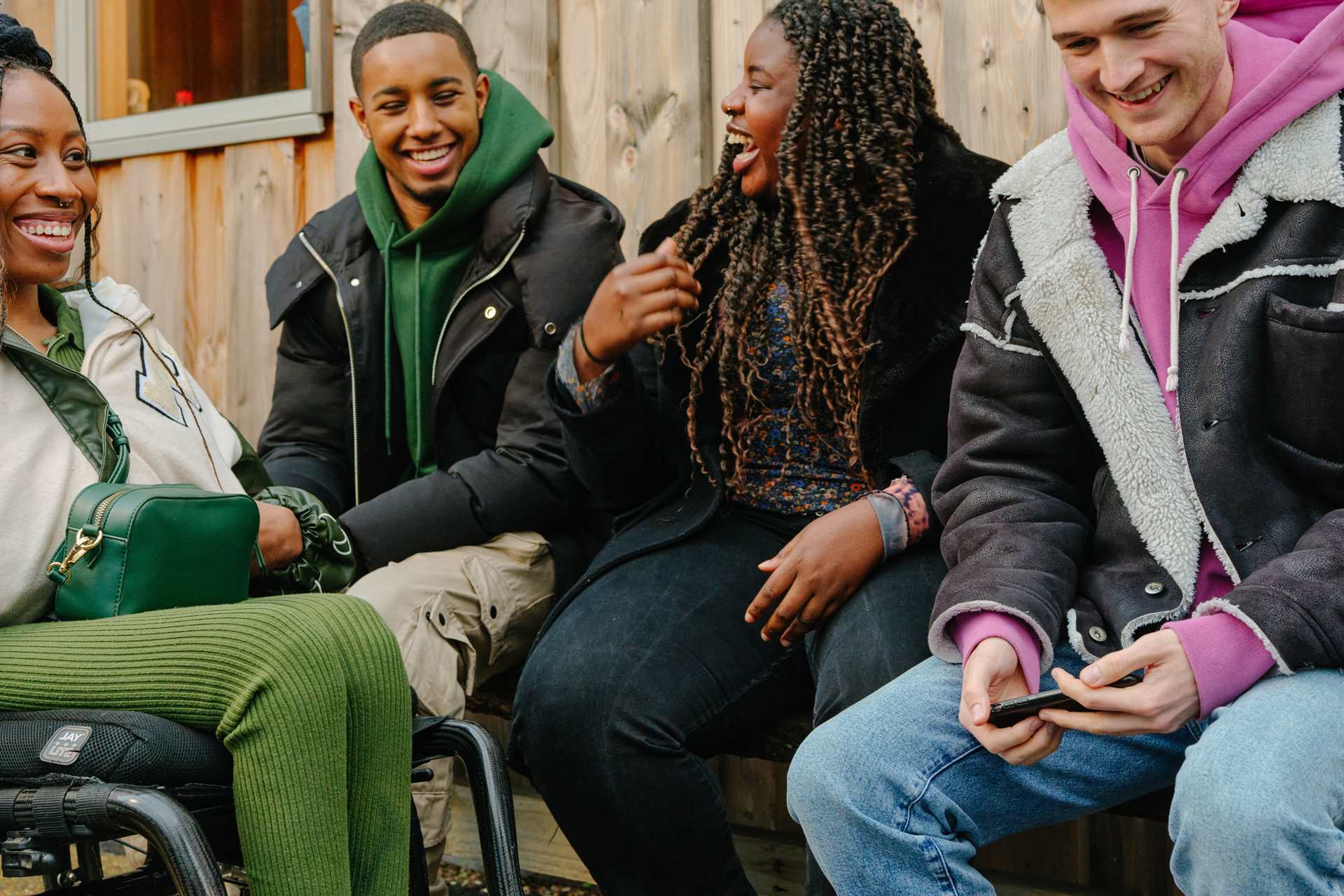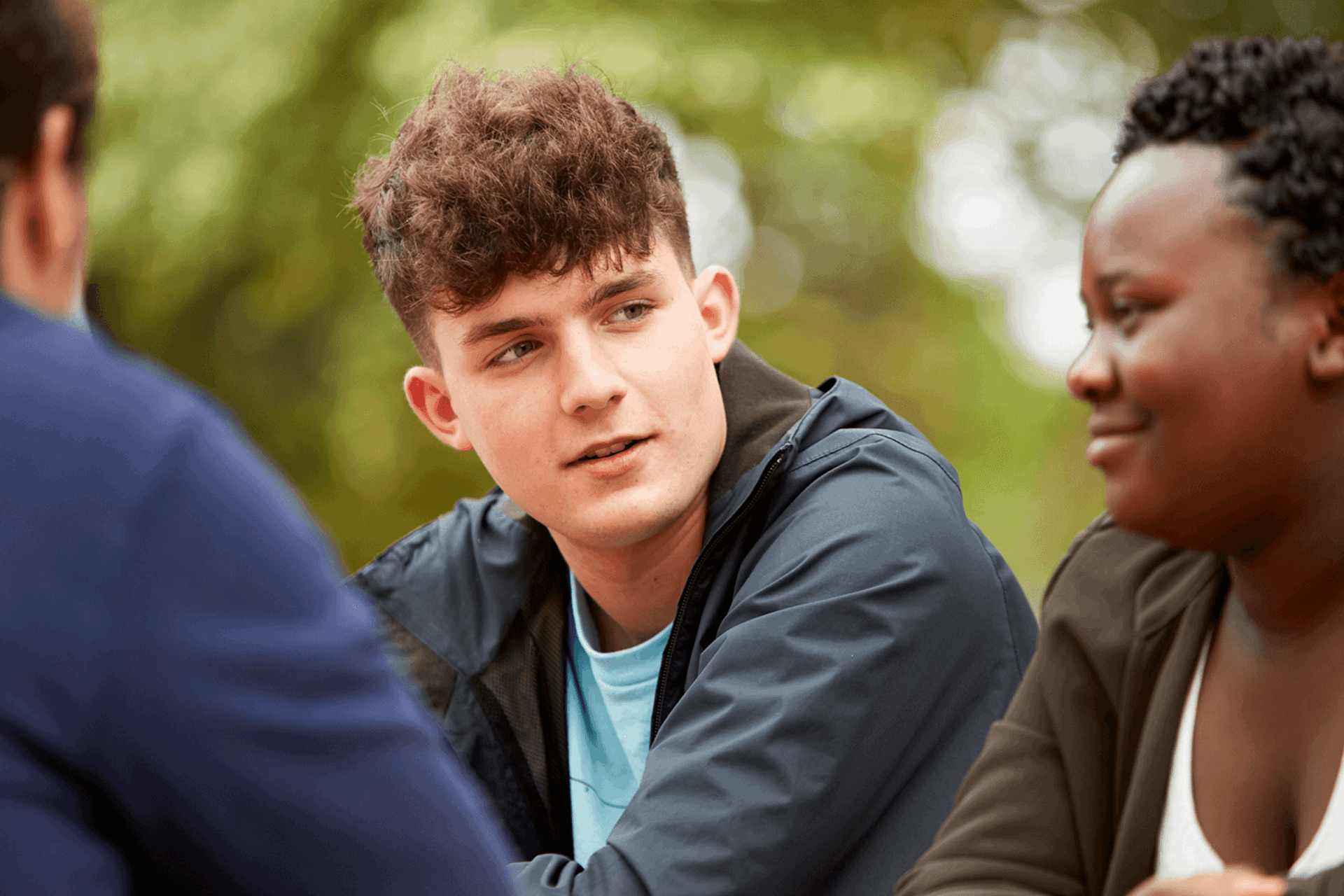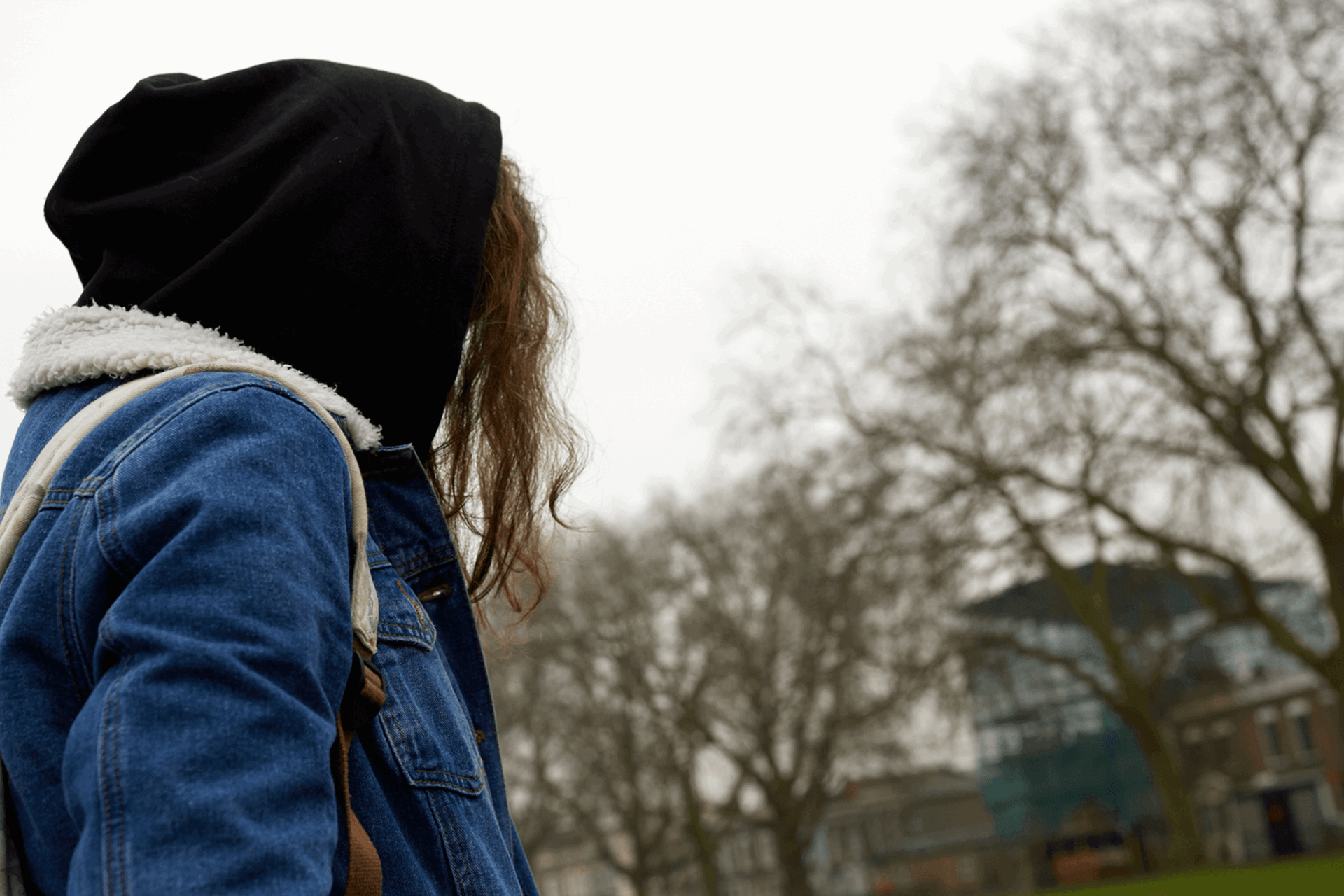Topics mentioned: CAMHS, anxiety
About: Jordan shares their experience of transferring from children to adult mental health services when they were 18 and the support they wish had been in place.
I want to start by saying that everyone’s experience of mental health services is different. My story is not to say that they’re all bad or all the same purely based off my experience. But if someone else out there reading this blog had a similar experience - just know that you are not alone.
I was wrong about the service being similar - it was a huge leap to independence. Suddenly I was the one who had to decide what we discussed in the sessions.
I have struggled with change my whole life, whether it be the transition from primary school to secondary school or that jump from secondary school to college. However, with the NHS mental health services, it was different. Along with coping with change, I had that fear of the unknown when I was under Child and Adolescent Mental Health Services (CAMHS). Honestly it felt really isolating. I did have a support worker who helped me a little bit while I was waiting for a therapist, but we focused on reducing my anxiety and other bits. But the minute I turned 18, I was transferred to Adult Mental Health Services (AMHS). I had a few more catch ups with my support worker, and then that was it.
I really didn’t know what to expect from AMHS, because I spent my teen years under CAMHS. I thought AMHS would treat me similarly to how I was a treated in the children’s mental health service. The initial assessment for AMHS was somewhat annoying and I felt misunderstood, like no one got me. I was wrong about the service being similar - it was a huge leap to independence. Suddenly I was the one who had to decide what we discussed in the sessions.
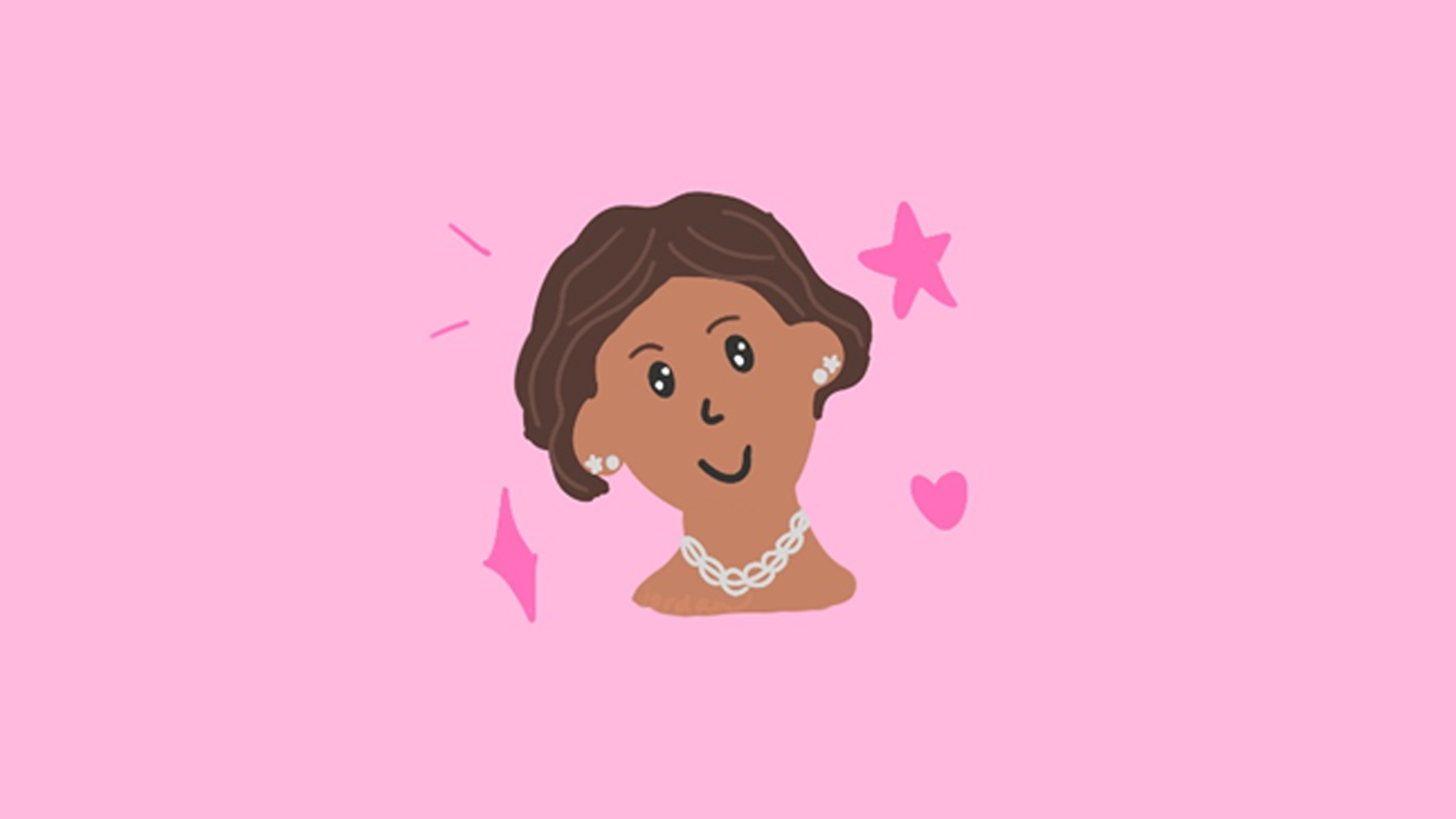
Graphic design by Jordan.
This was really hard because I feel like I’m so useless at thinking of things. I usually just brush everything under the carpet and just pretend that my life is fine. I did try to get the person I saw in the session to speak to my mum, as at the end of the day she knows me best. But unfortunately, I had to be the one to ask my mum what I needed to focus on. In AMHS, that responsibility was on me. Even though I did ask my mum, I still didn’t really fully know what to focus on. So after a few more sessions with AMHS, I decided it wasn’t worth my time. After that I was just discharged and stranded. I felt alone while I saw people I know having lots of support from their services or having care coordinators.
I know I shouldn’t be comparing myself to others but deep inside of me I wish I had someone to just help, listen, talk to me and be a helper. Especially someone to advocate for me, because anyone who knows me knows I’m a rather shy person. And with AMHS, I had to be the one who spoke to the worker. In CAMHS, my parents had the option to speak to my worker about things they were concerned about.
Despite all of this, I have used my social media platform on Instagram to share my experiences of mental health services, along with a range of things, so others don’t feel alone. I know what it’s like to be alone in your life, like there’s no one there who really understands you or just gets you. Trust me, I’ve been there many times in my life.
Overall, based on my own experience, I feel like once you hit 18 you are just left to be an adult. You suddenly have to reach out all by yourself if you want support and you have to become your own advocate. I do hope in the future that perhaps there’ll be more resources on what AMHS are like and what does it entail. I’d also like to see more workers who had their own experience of mental health services and understand the difficulties and what things are like.
After all, lived experience doesn't just teach you. It moves you to make a difference.
Despite all of this, I have used my social media platform on Instagram to share my experiences of mental health services, along with a range of things, so others don’t feel alone.
More information and advice
We have tips and advice to help you find the support you need. Take a look at our guides.
Where to get help
However you're feeling, there are people who can help you if you are struggling. Here are some services that can support you.
-
Childline
If you’re under 19 you can confidentially call, chat online or email about any problem big or small.
Sign up for a free Childline locker (real name or email address not needed) to use their free 1-2-1 counsellor chat and email support service.
Can provide a BSL interpreter if you are deaf or hearing-impaired.
Hosts online message boards where you can share your experiences, have fun and get support from other young people in similar situations.
- Opening times:
- 24/7
-
Samaritans
Whatever you're going through, you can contact the Samaritans for support. N.B. This is a listening service and does not offer advice or intervention.
- Opening times:
- 24/7
-
Youth Access
Provides information about local counselling and advice services for young people aged 11-25.
Put in your location and what you need help with into their 'Find help' search, and see what services are available in your area.

